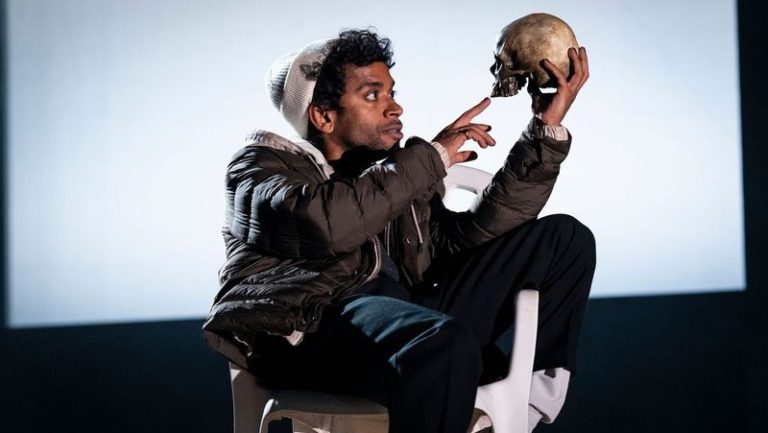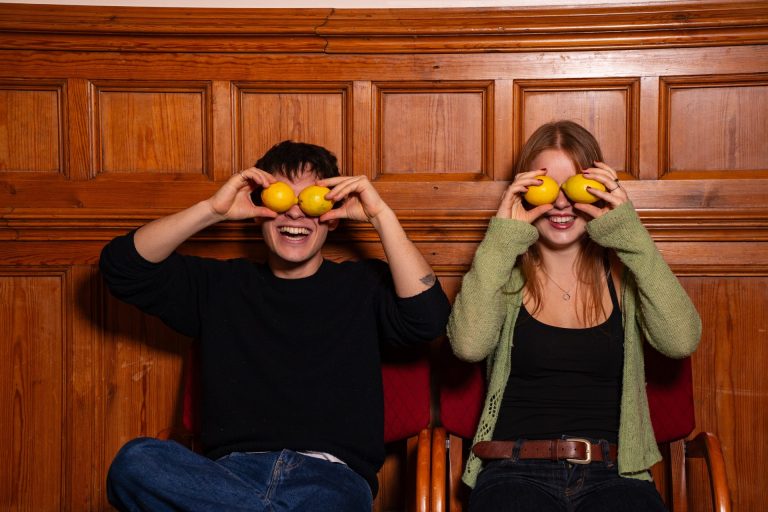There is no place in Oxford that my muscle memory takes me to more reliably than the Alternative Tuck Shop. This happens regardless of my state – still half-asleep, perhaps slightly hungover, or already late for class. I order by default, nodding or mumbling, somehow conveying that I have, once again, come for my usual. A Salmon Cream Cheese Bagel (£4.50).
If you’re a regular at the Alternative Tuck Shop but don’t have a standard order, I don’t trust you. If you do, I am more than happy to ignore whether you are punctual or dress well. I will judge you by your sandwich order. Dear reader, try this next time you’re at the Tuck Shop: while waiting outside, listen closely to the orders that are called out. And make note of the judging looks that follow the cry of “Roast Beef, Brie and Mushroom with horseradish on Olive Ciabatta” (£5.60). If you witness the embarrassed, awkward silence this choice receives, consider how much it exposes the person behind it. This mild ritual of public humiliation is integral to how the place works. You queue. You order inside. You are pushed back out again, left to declare your allegiance when the time comes for you – that is, your sandwich – to be called out.
The workings of the Alternative Tuck Shop revolve around efficiency – even though its atmosphere romanticises the place. Stanchions outside organise the masses of customers. In fact, if it gets any busier next term, I wouldn’t be surprised if they hired a bouncer. At peak times, at least four people assemble sandwiches, equipped with an enormous, weapon-like contact grill each. After all, the Alternative Tuck Shop offers – trust me, I counted – 113 different sandwich options, accounting for cross-possibilities between fillings and carriers (baguettes, paninis, bagels and ciabattas). But there is more: samosas, Cornish pasties, flapjacks, and the yum yum (£2.90) – those aggressively glazed, donut-adjacent things that could probably put a diabetic straight to sleep. There is fruit. Ribena. Coffee. Personally, I appreciate the honest ignorance with which the flat white (£3.10) has been degraded to a white Americano. Unlike those specialty cafés, any coffee here is just dangerously hot, with milk added in haphazard amounts.
For the purposes of this review, I betrayed my usual order, trying the Chicken Tikka and Mango Chutney Panini (£5.00), and the Pastrami Swiss Cheese with Grain Mustard Baguette (£5.40). Both were great. But frankly, I do not think that matters too much. The Alternative Tuck Shop is one of the last places that is quietly doing what it has always done – a stronghold of simple, small business against the expansionism of Taylor’s, or the multinational sameness of Subway or Pret. When I asked how long they’d been open, they shrugged and said something like 20 years, possibly 25. One last clarification – in case you ever wondered: the Tuck Shop further down the road has nothing to do with the Alternative Tuck Shop. Either way, as long as they keep turning out sandwiches, I’ll keep ordering my Salmon Cream Cheese Bagel, just the way I always have, without thinking about it too much.











